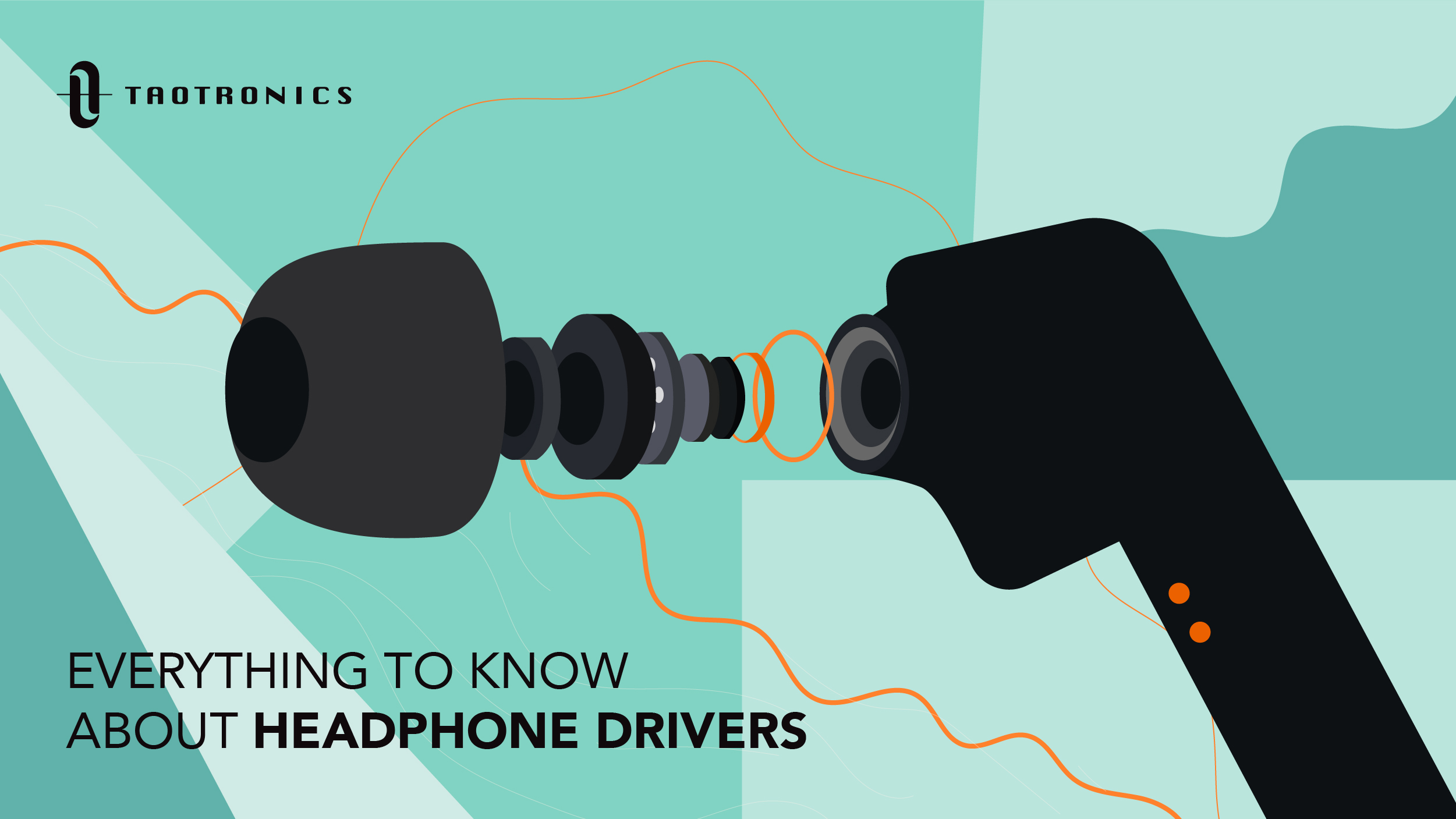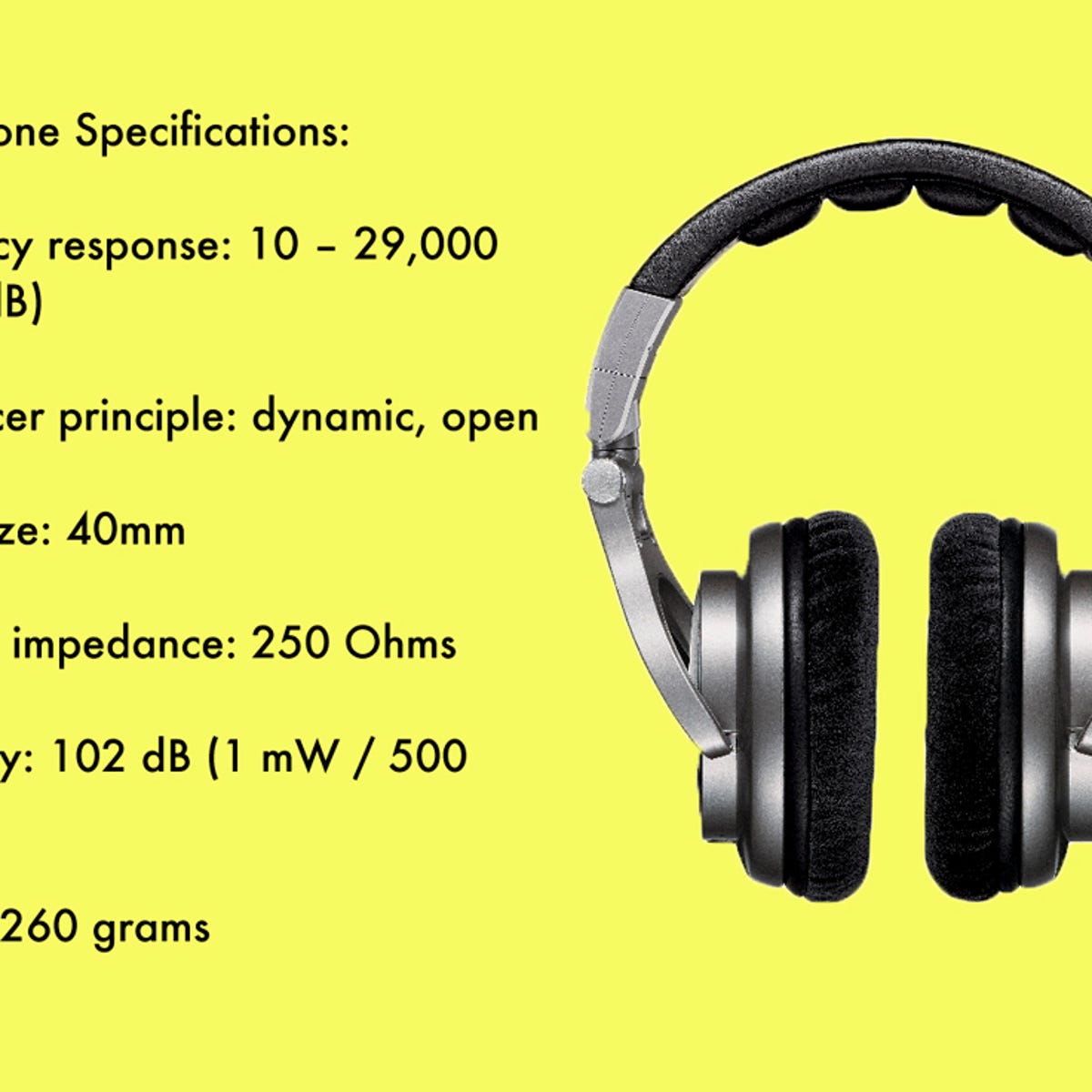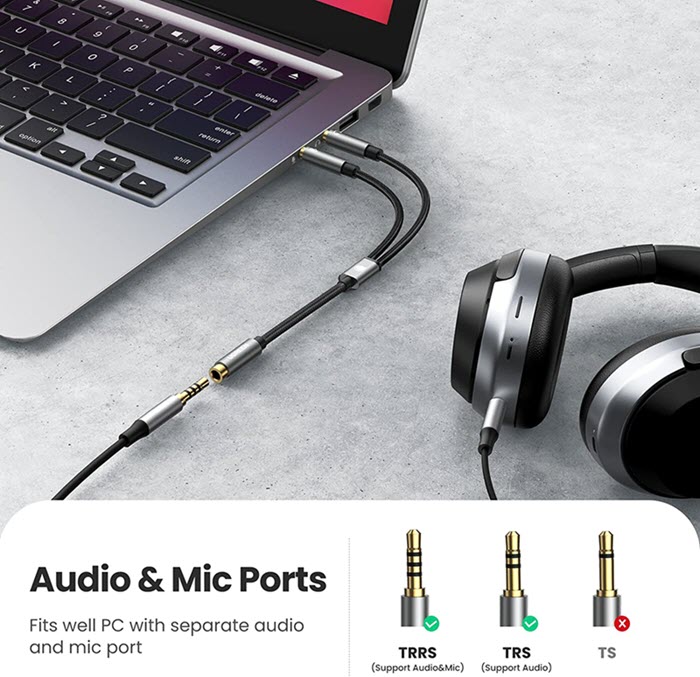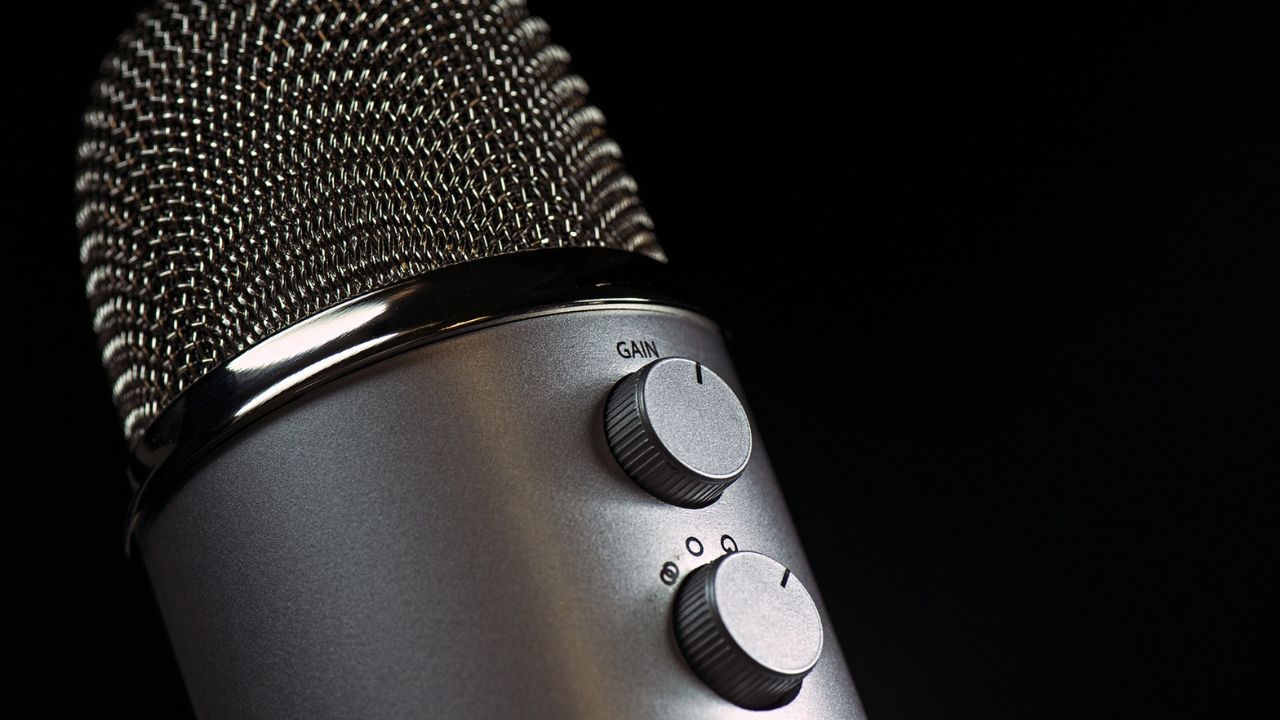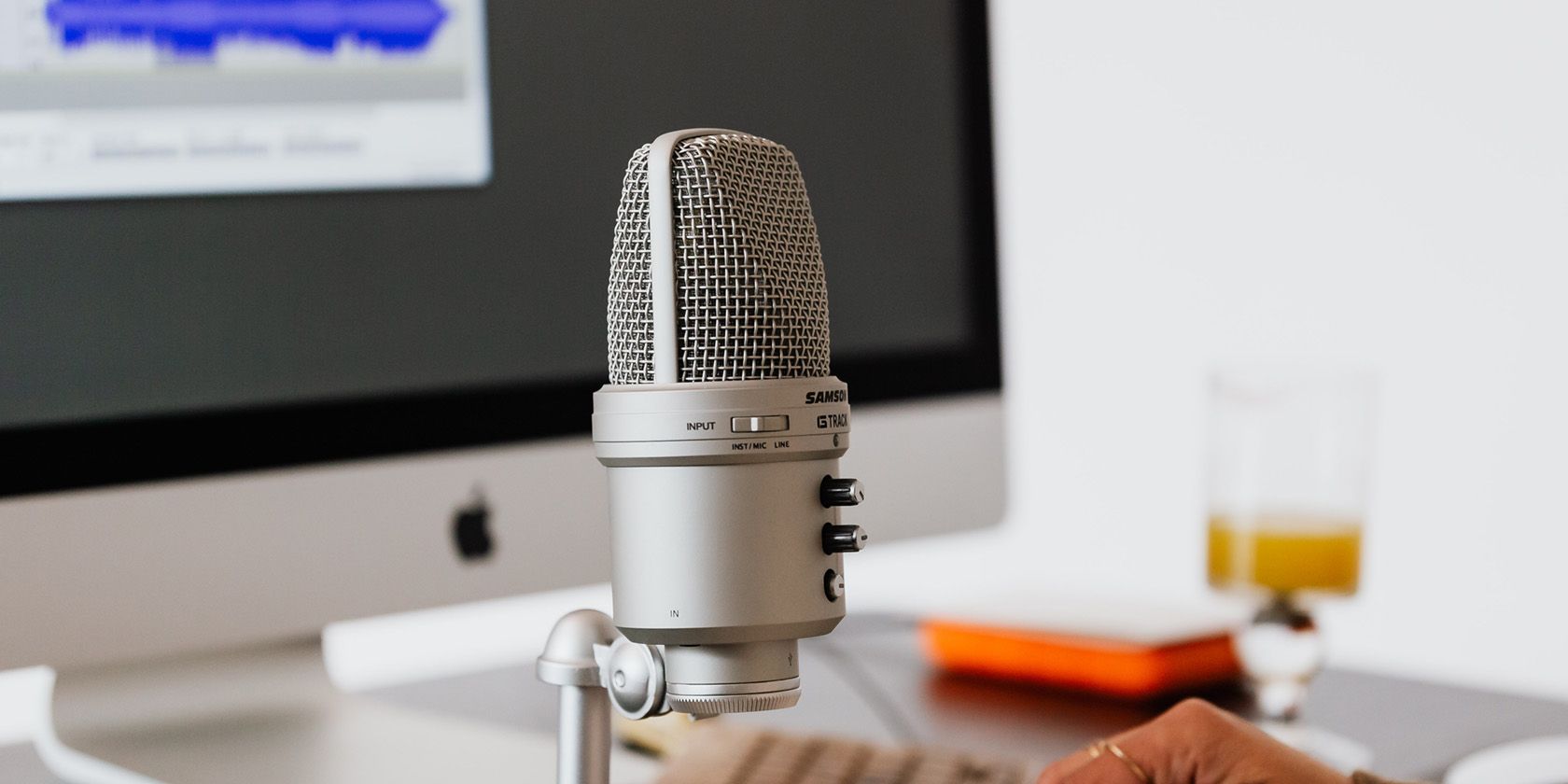Unveiling the Best Cameras for Photography Beginners
Introduction
Delving into the world of photography is both thrilling and perplexing, especially when selecting your first camera. With countless choices, technologies, and price ranges, finding the right camera can be daunting. This guide will explore the best cameras available for photography beginners to help you make an educated decision. We'll consider crucial factors and compare the most popular types, including DSLR, mirrorlyess and compact cameras. Let's find out what camera is good for photography beginners. Read on and step into your photography journey confidently.
What Makes a Camera Ideal for Photography Beginners?
Choosing the camera that will complement your initial encounter with photography involves understanding where you stand on your journey as an aspiring photographer. Listed below are the key factors that make a camera ideal for beginners:
- Ease of Use: To ease the transition from a smartphone to a professional camera, beginners should look for a camera that has a user-friendly interface, automatic modes, and inbuilt guides.
- Image Quality: High-quality images are paramount. Cameras with larger sensors usually deliver better quality and more detailed photos.
- Cost-Performance Ratio: As a beginner, you don't have to break the bank for your first camera. Look for a camera that fits your budget yet offers a decent range of features.
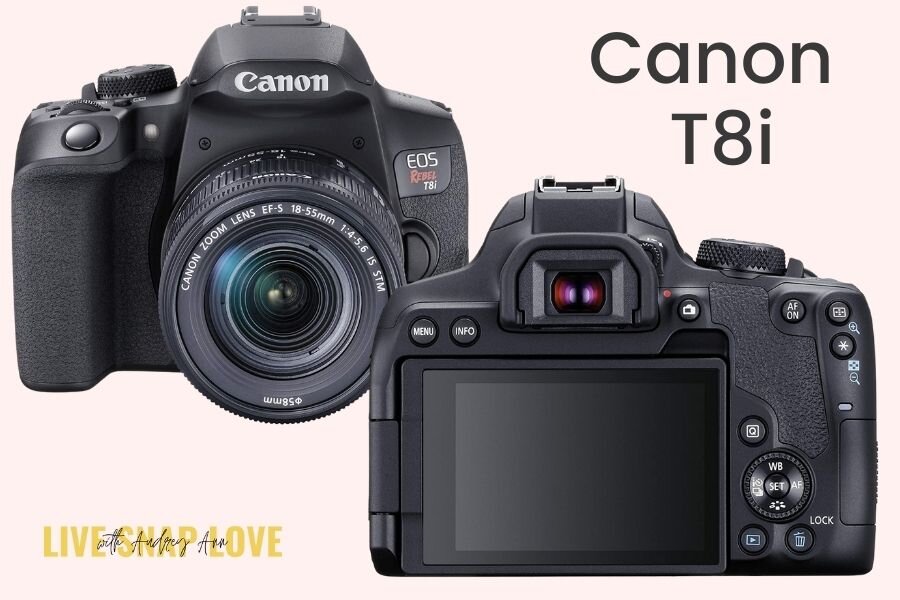
- Flexibility: Having a range of shooting modes, from auto to manual, gives you the freedom to explore and grow in your skills.
- DSLR vs Mirrorless: Both have their benefits. DSLRs offer longer battery life and a greater variety of lenses, while mirrorless cameras are lightweight and compact.
- Lens Compatibility: Check if the camera's brand has a good range of lenses. As you progress, you might need to experiment with different lens types.
Remember, the best beginner camera provides user-friendly features while also leaving room for growth as you master the art of capturing stunning photos.
Why Are DSLR Cameras a Popular Choice Among Beginners?
Recommended DSLR Cameras for Novice Photographers
Understanding the reasons behind the popularity of DSLR cameras among beginners helps when deciding to invest in one. Beginner photographers are often drawn to DSLR cameras due to a number of attractive characteristics:
- Image Quality: DSLRs are renowned for superior picture quality thanks to larger image sensors that capture more light and detail.
- Battery Life: Often outperforming other camera types, DSLR cameras have extended battery life perfect for longer shoots or travel photography.
- Auto-Focus Capabilities: DSLRs offer excellent auto-focus, ensuring your subjects are clear and sharp.
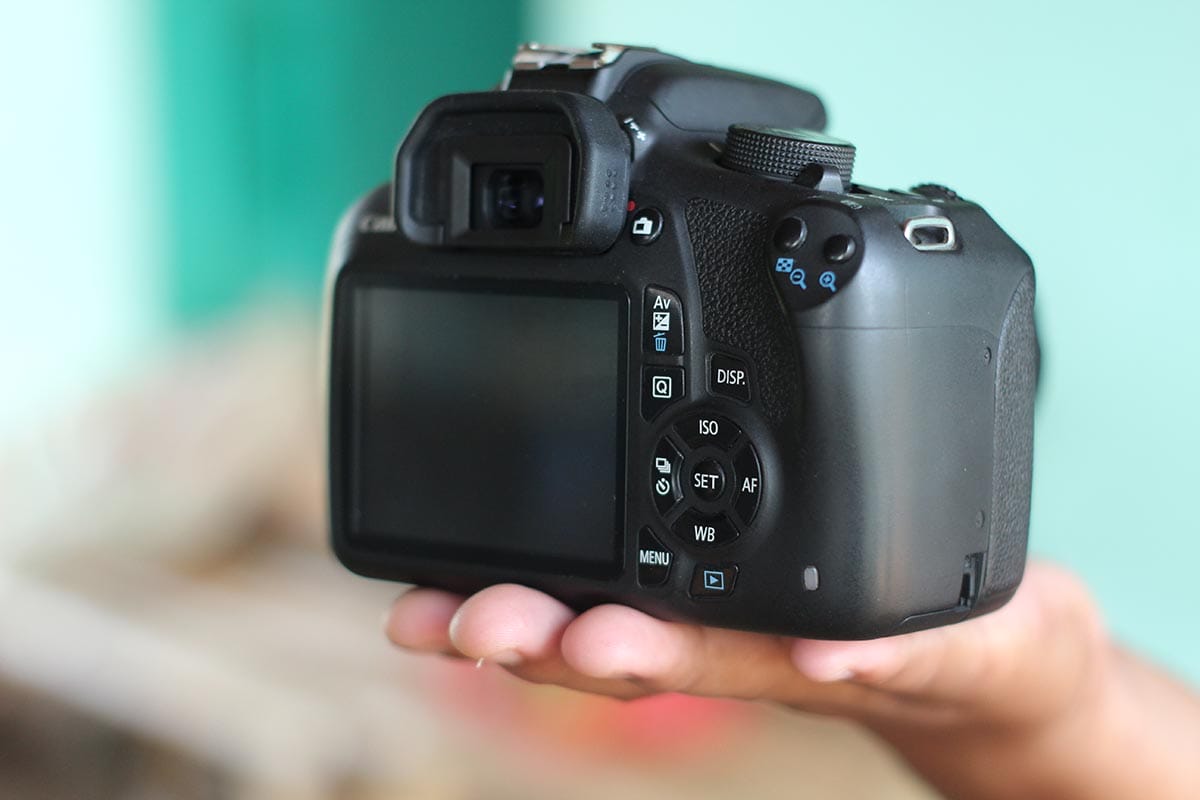
- Lens Compatibility: Thousands of unique lenses are compatible with DSLR cameras, allowing for ultimate creativity and versatility.
- Viewfinder: The optical viewfinder in DSLRs offer a true-to-life preview of your scene, helping you compose premier shots.
Practicality is equally as important as functionality. The larger size of these cameras might contribute towards a more stable grip and reduce camera shake.
At the beginner level of DSLR cameras, the Nikon D3500 and Canon EOS 2000D stand out as top picks. They combine user-friendly operations with creative functionalities. The model-specific tutorials, guides, and supportive tips readily available for these models further ease a beginner's entry into the world of photography. Moreover, both cameras come with a versatile kit lens, suitable for varied shooting scenarios, enhancing their practicality for novice photographers.
Packaging impressive features wrapped in simplicity, DSLR cameras undoubtedly mark a popular choice among photography beginners. They offer budding photographers a flexible platform to develop their skills, without overwhelming them with complexity.
What Makes Mirrorless Cameras a Modern Choice for Beginners?
Highly-Rated Mirrorless Cameras for Novices
Mirrorless cameras have garnered considerable attention in recent years for their lightweight yet high-performing composition. They offer much of what DSLRs do in terms of image quality and functionality, but with far less weight and bulk. These advantages make them an ideal choice for modern-day, style-conscious budding photographers seeking a travel-friendly option.
Let's break down the key aspects that make mirrorless cameras a favorite among today's beginners:
- Compact Build: With fewer components, mirrorless cameras are generally smaller and lighter than DSLRs, making them ideal for travelers or those who prefer a minimalist, convenient piece of equipment.
- Live Preview: Equipped with an electronic viewfinder, mirrorless cameras offer a live pre-shot preview of your image, allowing you to see the effects of your settings in real-time before you even press the shutter.
- Continuous Evolution: Technological advancements are reducing the traditional edge DSLRs have in autofocus and battery life over mirrorless cameras. These tech-infused cameras are evolving to become faster, provide sharper autofocus, and have more operational battery life.
- Expanding Lens Selection: While DSLRs have been known for their wider lens range, mirrorless cameras are rapidly increasing their lens compatibility, offering growing options to photographers.
For those delving into the mirrorless world, check out the highly recommended Fujifilm X-T200 and Sony Alpha a6000. Both are known for their easy operations, advanced features, and excellent image quality, making them accessible and accommodating for those still growing their photography skills. Leveraging these wide-ranging advantages of mirrorless cameras, beginners can start their photography journey on the right foot.
Why Consider Compact Cameras as a Convenient Option for Beginners?
Top Ranked Compact Cameras Suitable for Beginners
Embarking on your photography journey doesn't necessarily require a sizable investment or a heavyweight camera. Compact cameras offer a practical, convenient alternative that perfectly fits the needs of novice photographers. Here’s why:
• Portability: Compact cameras are characterized by their lightweight design and small size, fitting easily into a pocket or small bag. If you're looking to capture daily moments or travel light, they offer unrivaled convenience.
• Ease of Use: Many compact cameras are designed with simplicity in mind, featuring intuitive interfaces and user-friendly controls. This simplicity eases the learning curve for beginners.
• All-in-One Lens: Unlike mirrorless or DSLR cameras, compact cameras come with a fixed lens, eliminating the need for lens changing. This feature is particularly useful for beginners, as it eradicates the challenge of learning about different lenses early on.
• Economic Option: In comparison to DSLR or Mirrorless cameras, compact cameras tend to be more affordable. This makes them an ideal starting point for beginners honing their skills before upgrading.
Preferred Compact Cameras for Novice Photographers
Among multiple options available, two compact cameras stand out as favorites for beginners: the Canon PowerShot SX740 HS and the Sony Cyber-shot DSC-WX220. Both models offer impressive zoom capabilities, high-quality image stabilization features, and easy-to-navigate interfaces - excellent traits for novice photographers.
Ultimately, whether you opt for a compact camera or not should depend on your specific needs, budget, and long-term goals in photography. Regardless, each type of camera can be a powerful tool in the right hands.
Remember, mastering the art of photography isn't about the gear you carry, but rather the skills, creativity, and passion you possess.
Conclusion
For beginners stepping into the mirrorless world, the Fujifilm X-T200 and Sony Alpha a6000 offer a blend of simple operation and advanced features. They provide excellent image quality and a range of compatible lenses that can cater to your growing skills.
Related FAQs about what camera is good for photography beginners
Are smartphones a good alternative for photography beginners?
Yes, smartphones can be a great starting point for beginners. They offer convenience and user-friendly camera settings. Moreover, many smartphones now come equipped with advanced features previously seen only in professional cameras, such as depth-of-field control and high-resolution sensors.
What do I look for when buying my first camera?
When buying your first camera, consider factors like ease of use, image quality, cost-performance ratio, flexibility, and potential for growth. Also, consider if the brand provides a good range of compatible lenses for future upgrades.
Are higher-priced cameras always better for beginners?
Not necessarily, a higher price doesn't always guarantee a better camera for beginners. It's more about finding a camera that balances cost-efficient, high-quality performance with user-friendly features suited to a beginner's level.

